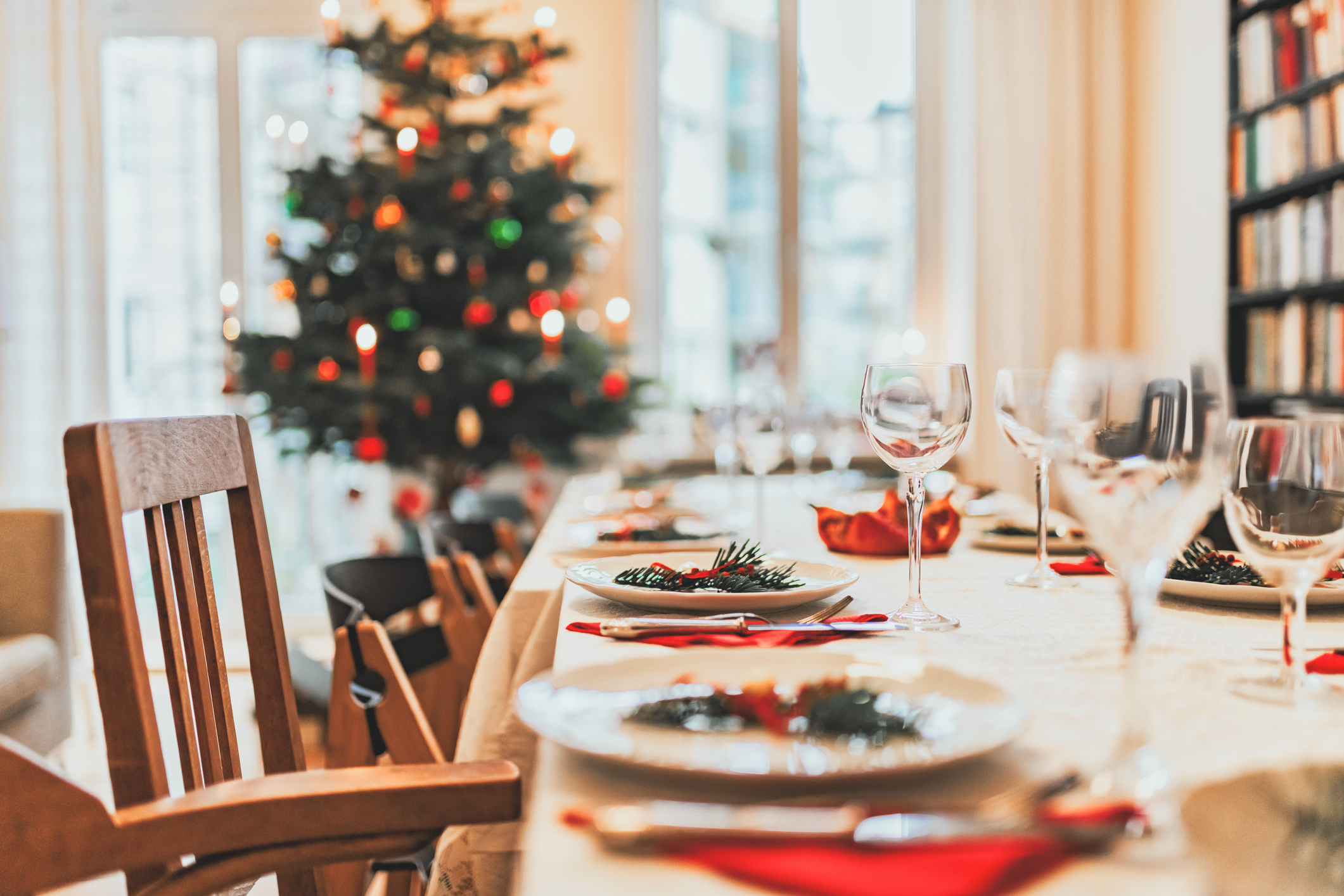Holiday Feasts Galore! Here’s Why You’re Feeling So Tired After Dining Big

With so many tasty options around us this time of year, it’s hard not to have them all! Alas, when we do, we sometimes overeat and face the consequences. A nap may seem like a good idea at the time, but overeating can have negative effects on our sleep.
What happens when we eat a lot?
When we eat, it takes our bodies about 20 minutes for the brain to send a signal to the stomach letting it know that we are full and no longer need to eat. When we eat a lot, our bodies have to work harder in order to digest that large amount of food we took in. This can lead to feeling physically uncomfortable in a variety of ways.
How does this typically impact our sleep?
While focused on digesting large quantities of food, our bodies are unable to fully relax and focus on sleep. Large amounts of food and heavy foods, especially those high in fat and fiber, can take longer to digest. Going to bed immediately after a large meal can make falling asleep difficult. In addition, eating spicy or acidic foods close to bedtime can keep some of us awake and lead to heartburn or indigestion. Overeating can also affect your circadian rhythm, making it more difficult to sleep through the night.
What are some tips to mitigate these impacts during the holiday season?
If you want to be a bit more conscious of your eating habits, awareness of portion sizes is a great place to start. Foods like mashed potatoes and mac and cheese are easy to just add to your plate without thinking about it. As delicious as they are, they can also lead to unintentionally overeating. Using smaller plates can be a good way to avoid adding more food than you need.
When life gets busy, which certainly can happen during holiday seasons, it’s not unusual to feel overwhelmed and easily distracted. When we’re distracted, we often consume food without even appreciating the experience. If this happens to you, try practicing mindfulness while you eat. Take a moment to notice the sensations associated with whatever you’re eating and drinking. Savor the flavors and really pay attention to what you’re eating and how it makes you feel. You can also think about how the food was cooked, and who prepared it. Taking time to focus on gratitude isn’t only a healthy mental practice – it can also slow you down while eating, allowing your body to digest the food at a healthier pace. Staying hydrated while you eat will also help you pace yourself and aid with digestion. Listen to your body and stop when you feel satisfied. You can always have leftovers!
Well, it happened; we ate too much. Now what do we do?
The easiest thing to do after overindulging is to go for a walk. Whether it’s right around your home or a block or two down the street, this light exercise will help your body digest. Some simple stretches can also help, just be sure not to do anything strenuous or high intensity immediately after overeating, as this could end up doing more harm than good. Try meditating and sit for a few minutes to focus on the present and enjoy the moment.
As much as you might want to, try your best to avoid lying down! Your body needs to digest the food and being in a horizontal position will make that more difficult. Instead, stay upright and drink a cup of tea to help the digestion process.
Regardless of how much you eat, be sure to prepare your body for digestion and leave a few hours between the end of dinnertime and the start of bedtime. This will help your body do what it needs to do and focus on one task at a time. At the end of holiday meals, listen to your body, save what you can’t finish today, and take it easy the next day.
Bon appetit and sweet dreams!